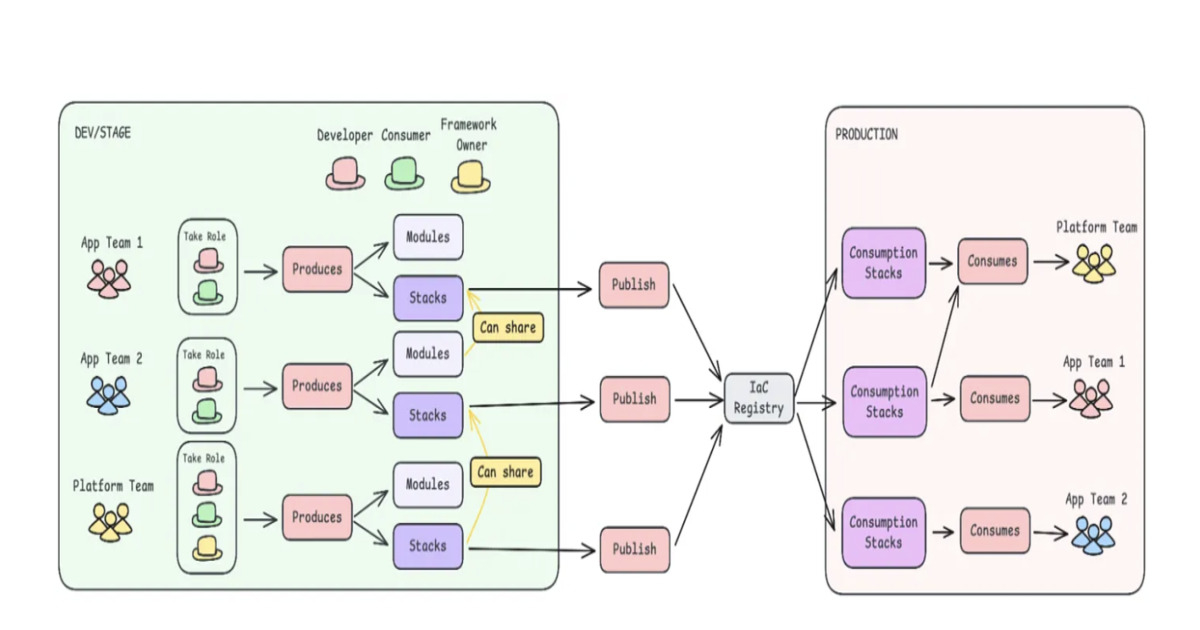Codetown
Codetown ::: a software developer's community
Starting and Running Your Own Company, by Matt Raible
My good bud Matt just published an article about his business and I think it's worth sharing: http://raibledesigns.com/rd/entry/how_to_setup_your_own1
Matt's sees consistent success for a few reasons. One: he is passionate about the technology. You can't go far in a business with just a smile and good personality! Two: he gets around. I see Matt at conferences, both as a speaker and attendee. Three: He's a great networker. So, he gets the gigs. How does that work? Well, it's not enough to just dig the technology. That's baseline. People have to want to work with you, too!
Enjoy the article and let me know what you think. Personally, I love being both a freelancer and small biz owner. As my old friend Rick once said "Would you rather be invited to the party or throw it yourself?"
(image from a GoDaddy ad)
Tags:
Replies to This Discussion
Notes
Welcome to Codetown!
 Codetown is a social network. It's got blogs, forums, groups, personal pages and more! You might think of Codetown as a funky camper van with lots of compartments for your stuff and a great multimedia system, too! Best of all, Codetown has room for all of your friends.
Codetown is a social network. It's got blogs, forums, groups, personal pages and more! You might think of Codetown as a funky camper van with lots of compartments for your stuff and a great multimedia system, too! Best of all, Codetown has room for all of your friends.
Created by Michael Levin Dec 18, 2008 at 6:56pm. Last updated by Michael Levin May 4, 2018.
Looking for Jobs or Staff?
Check out the Codetown Jobs group.
InfoQ Reading List
Google Launches Automated Review Feature in Gemini CLI Conductor

Google has enhanced its Gemini CLI extension, Conductor, by adding support for automated reviews. The company says this update allows Conductor "to go beyond just planning and execution into validation", enabling it to check AI-generated code for quality and adherence to guidelines, strengthening confidence, safety, and control in AI-assisted development workflows.
By Sergio De SimoneFrom Central Control to Team Autonomy: Rethinking Infrastructure Delivery

Adidas engineers describe shifting from a centralized Infrastructure-as-Code model to a decentralized one. Five teams autonomously deployed over 81 new infrastructure stacks in two months, using layered IaC modules, automated pipelines, and shared frameworks. The redesign illustrates how to scale infrastructure delivery while maintaining governance at scale.
By Leela KumiliGoogle Publishes Scaling Principles for Agentic Architectures

Researchers from Google and MIT published a paper describing a predictive framework for scaling multi-agent systems. The framework shows that there is a tool-coordination trade-off and it can be used to select an optimal agentic architecture for a given task.
By Anthony AlfordGoogle Cloud Brings Full OpenTelemetry Support to Cloud Monitoring Metrics

Google Cloud recently unveiled broad support for the OpenTelemetry Protocol (OTLP) in Cloud Monitoring, marking a step toward unifying telemetry collection across its observability stack.
By Craig RisiAWS Launches Agent Plugins to Automate Cloud Deployment

AWS launched Agent Plugins for AWS, providing AI coding agents with specialized deployment skills. The initial deploy-on-aws plugin transforms workflows by accepting commands like "deploy to AWS" and generating complete pipelines with architecture recommendations, cost estimates, and infrastructure code. Supported in Claude Code and Cursor, AWS claims 10-minute deployments versus hours manually.
By Steef-Jan Wiggers
© 2026 Created by Michael Levin.
Powered by
![]()